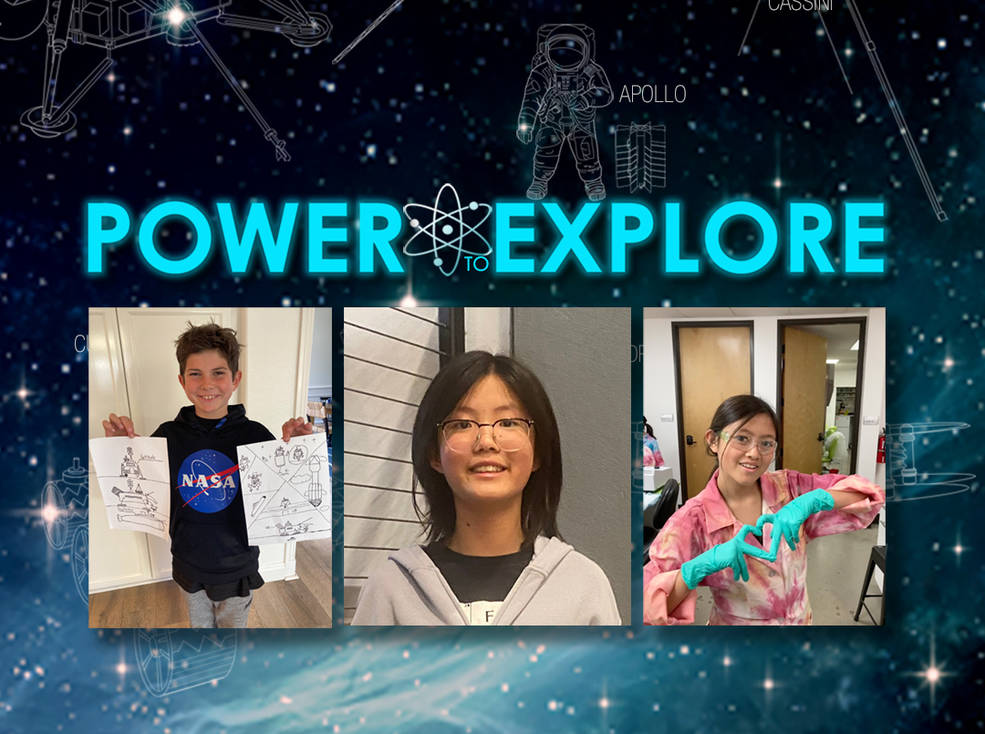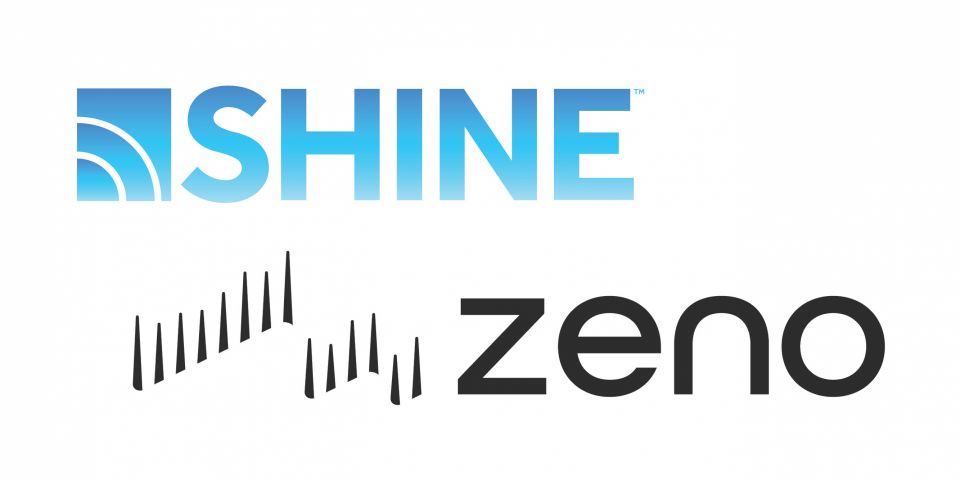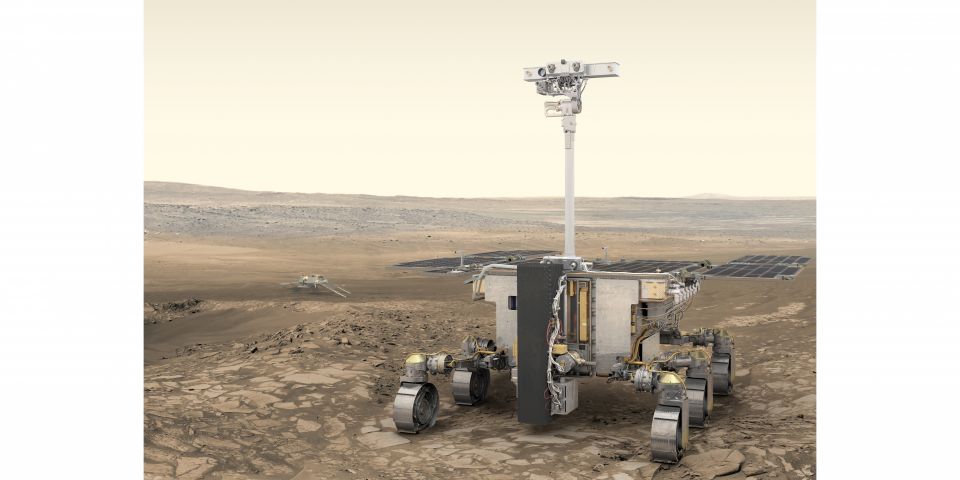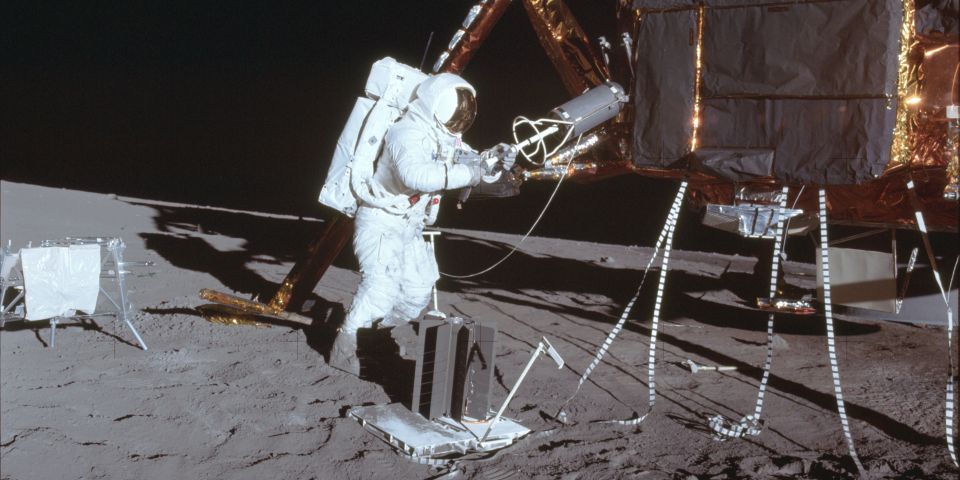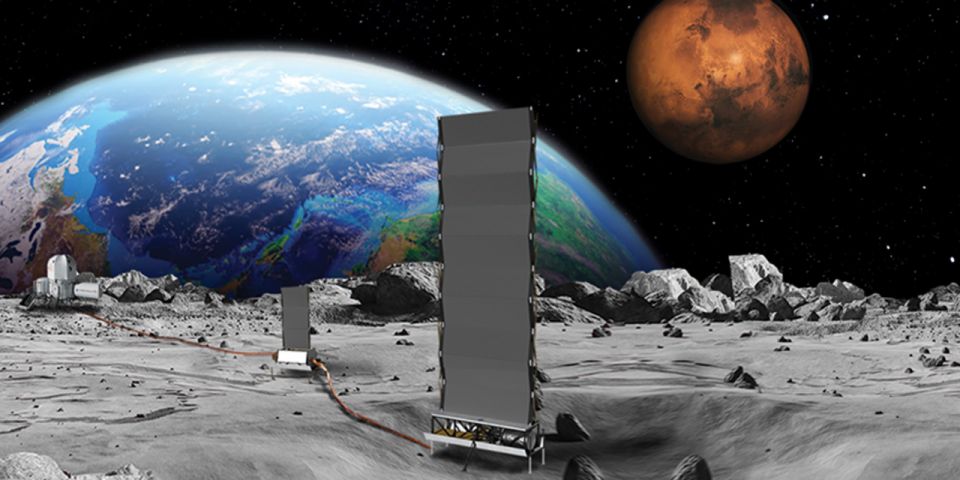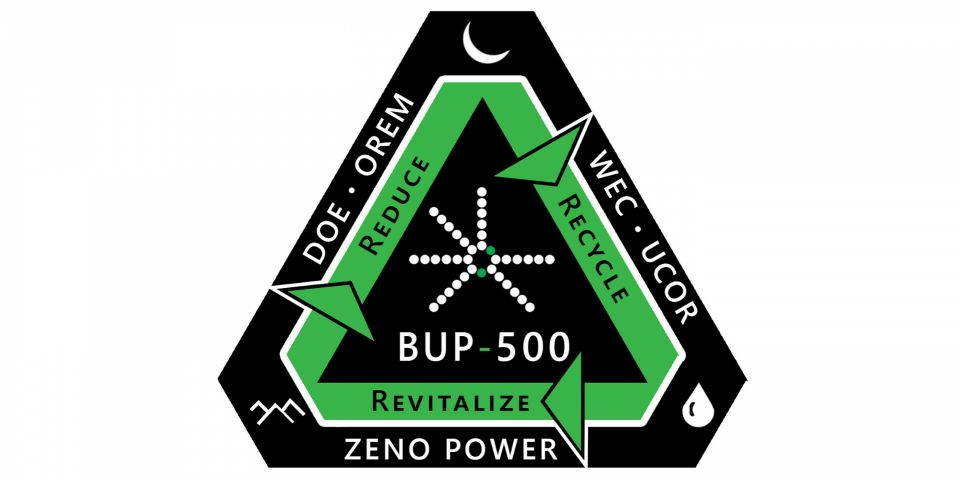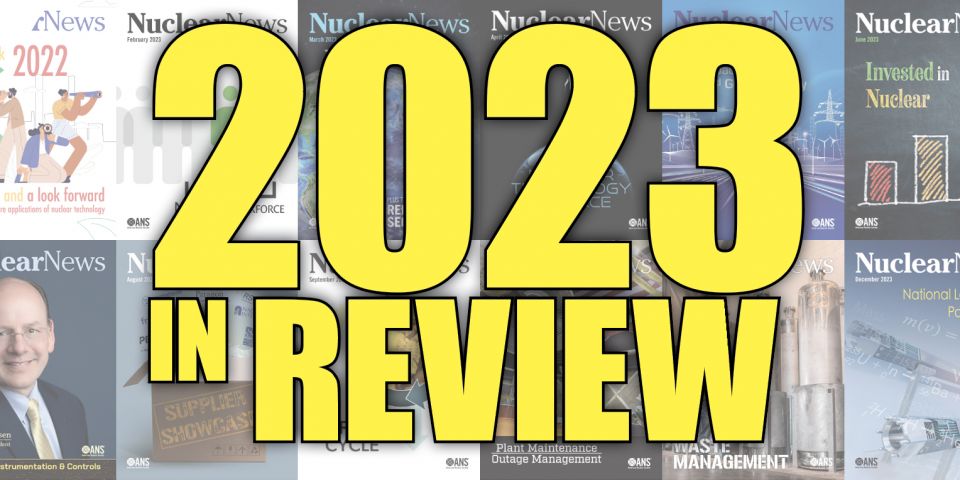The three winners of NASA’s Power to Explore Student Writing Challenge, are, left to right, Luca Pollack, Rainelle Yasa, and Audrielle Paige Esma. (Image: NASA/Kristin Jansen and Gayle Dibiasio)
Three winners have been announced in NASA’s Power to Explore Student Writing Challenge, in which U.S. students in kindergarten through 12th grade could participate by writing about imaginary space missions using radioisotope power systems (RPSs). Out of almost 1,600 submitted entries, 45 semifinalists, and nine finalists, Luca Pollack of Carlsbad, Calif. (in the K–4th grade category), Rainelle Yasa of Los Angeles, Calif. (in the grades 5–8 category), and Audrielle Paige Esma of Wildwood, Fl. (in the grades 9–12 category) snagged the top prize in their age groups. The April 25 announcement by NASA includes links to the winning essays.
About the contest: NASA asked contest participants to educate themselves about RPSs and then imagine their own space missions that would be powered by these systems. In their essays, students were to describe their mission destination and goals and their spacecraft type—such as flyby, orbiter, lander, or rover—and describe their personal “special power”—like a particular skill or personality trait—that would help them achieve mission success. Essays were limited to a length of 200 words and separated into the three categories by school grade.
The NASA Science Mission Directorate’s RPS Program Office funded the contest, which was managed and administered under the direction of the NASA Tournament Lab within the space agency’s Space Technology Mission Directorate.
Prizes: The top three winners won a two-day trip to NASA’s Glenn Research Center in Cleveland, Ohio. The nine finalists were awarded the opportunity to discuss their imaginary missions in a videoconference with NASA scientists and engineers. The 45 semifinalists won NASA RPS prize packs, and all participants received digital certificates.
Brainstorming: Nicola Fox, associate administrator for the NASA Science Mission Directorate, congratulated the contest winners, saying, “Exploring the secrets of our universe is at the heart of what we do at NASA, and we can always use more help brainstorming innovative ways to reach the most extreme environments in our solar system.”
